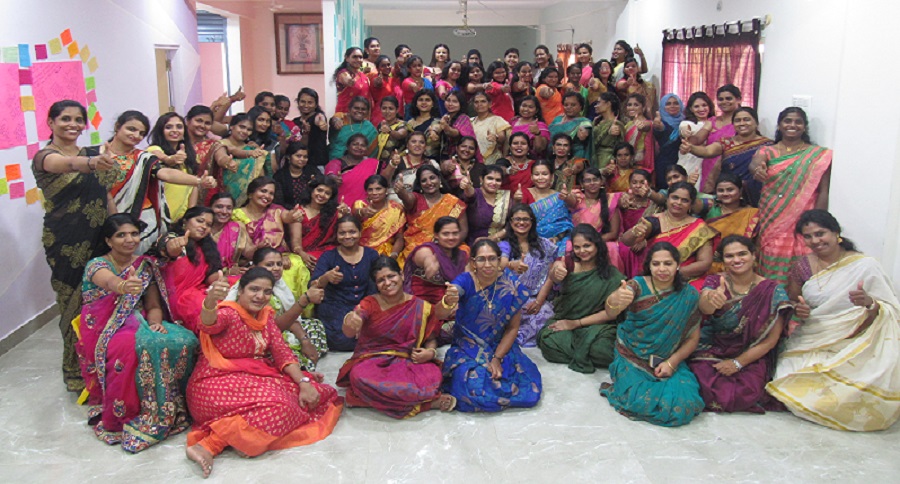Education needs overhaul: President
NEW DELHI: President Pranab Mukherjee has emphasized the need to revamp the academic system so that bright students don't have to leave the country for further studies.
"There are 723 universities and over 37,000 colleges in our country. Yet, many of our institutes lack quality that denies students world-class education. Many bright students leave the shores to pursue studies abroad. We cannot lose our talent, and for that, we have to upgrade our educational standards," said the President while delivering the convocation address at Jamia Millia Islamia on Monday.
The physical infrastructure of classrooms and universities, he pointed out, needs to be bettered. Also, the faculty needs to be trained and chosen with care. There should also be talent that has been brought in from abroad.
Adding that research is a key ingredient to the country's progress, Mukherjee said, "The Mars Mission is a testimony of our country's growing scientific interest, but research has been neglected in most of higher education in the country. The universities need to become research beds. Research should also be promoted by adopting enquiry based subjects and project work."
HRD minister Smriti Irani, who was also present at the convocation, said, "I hope that while the engineering students engineer their own lives, they can also take time to engineer this nation. I hope the journalists have so much power in their pen that they can make the nation grow. The lawmakers should be just and help humanity. Wherever these students go, they should carry the culture of India with them."
A total of 4,280 degrees/diplomas were awarded to the students along with 162 gold medals to the toppers and 223 PhD degrees to research scholars.
Later, Irani inaugurated the building for Centre for Physiotherapy and Rehabilitation Sciences.
